Learn Python
The popularity of this course has constantly been increasing thanks to its many emerging uses. You can use it in Artificial Intelligence, data science, and machine learning. Python has taken several industries by storm thanks to its ease of learning, versatility, and efficiency.
It’s clear from the above that Python is a popular programming language that’s required worldwide.

Where can I learn it?
Like most programming languages, you can take paid or free lessons online. Currently, there are several sites offering free Python courses. Some of them include the following:
- Python.org: You’ll find free resources on their official website covering several topics for both beginners and experienced programmers. It has translated this tutorial into 81 languages; therefore, people from all over the world can benefit from it.
- Codecademy: Another platform offering free and paid courses for beginners is Codecademy. This is the perfect place to take the introduction to Python course. Python from Codecademy is video-based, and you can get a certificate after finishing the 25-hour course. For instance, Python 1 and 2 courses are free. If you want to advance your skills, then you can take the paid Python 3 course.
- Udemy: Another replicable option is Udemy’s selection of Python courses. Both paid and free courses for beginners and experts are available. They have one of the best Python courses online.
- Coursera: This platform offers several courses from some top universities, including Sydney University, Stanford, and Yale.
The best platforms for paid resources and tools include:
- The Python Bible: This platform is designed for programming experts with basic skills in Python and for beginners. The course has 74 lessons with 11 sections.
- eDx: Like some of the other platforms in our list, eDx has ties to some of the top universities. It offers both free and paid courses and certificates after completion.
Courses
Like most programming languages, Python is split into several courses. Remember, it is ideal for different fields. So for the basics, you can learn the following:
- Lists
- Types and variables
- Basic string operations,
- Loops,
- Functions
- Modules and packages
- Classes and objects
Data scientists can take Pandas basics and Numpy array. Some advanced courses include serialization, sets, lambda functions, list comprehensions, generators, and partial functions.
Searching Info
Since you’ll be dealing with a wide range of data, Python has made it easier for you to scrutinize them. You can find what you need using its unique algorithms. The search algorithms can retrieve a wide range of elements from a data structure. In fact, they’re classified into 2 types: binary and linear searches.
The linear search can help you find a value or element in an array or list by simply traversing various elements sequentially. On the other hand, binary search uses a divide-and-conquer system. Binary search is way more efficient than linear search, and it can find a middle element in a sorted list.
Mentors
Since it’s a web-based course, you may struggle to perfect this program alone. If that’s the case, then you should find a mentor. There are many Python mentors online who are ready to help you improve your skill. The right mentor can show you how to use this programming language to improve your work or even change careers.
These mentors are industry leaders who are ready to help you succeed in what you’re doing. In fact, they’re ready to teach how to apply for this course in your field and become a top python programmer. So instead of struggling alone, you can get a mentor and learn more.
A mentor can show you which course to focus on and what can improve your career.

